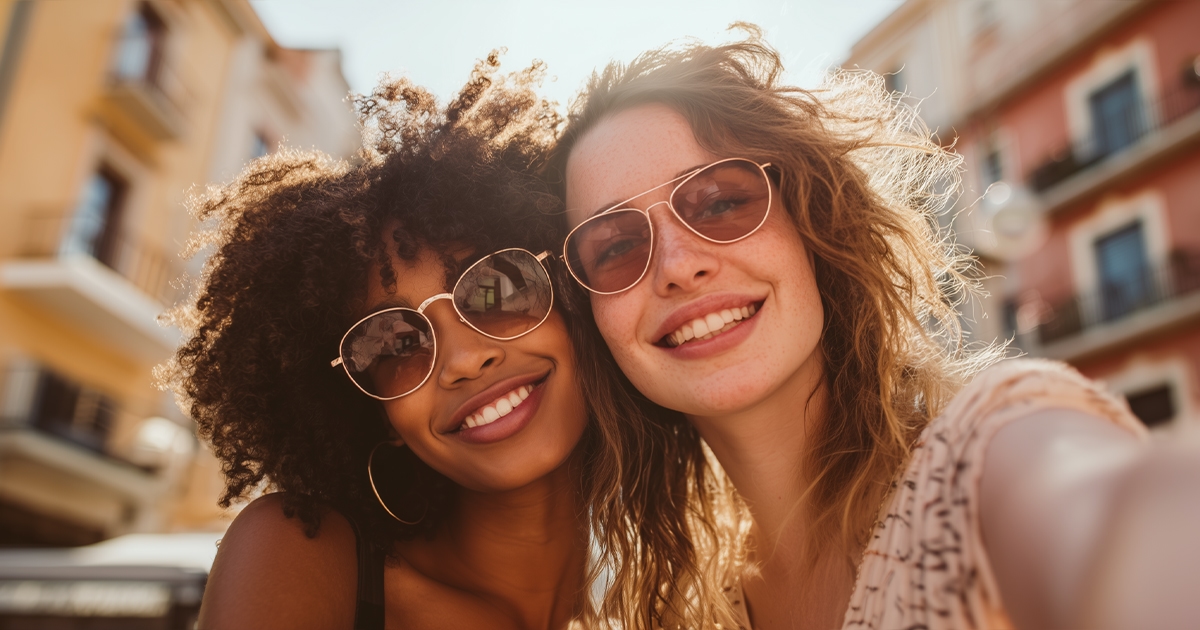
We often imagine happiness arriving in a package. A new phone, a pair of shoes, a shiny gadget can feel thrilling at first. Those thrills usually fade though. Experiences such as a trip with friends, a live concert, or learning to cook tend to keep giving, long after the moment has passed. They shape who we are, create stories we enjoy retelling, and connect us with other people. That is why many psychologists and consumer researchers say experiences offer a clearer path to lasting happiness than things do.
What the Research Says
Early work comparing experiential and material purchases found a consistent pattern. People report more enduring satisfaction from experiential purchases such as holidays, concerts, or classes than from material purchases such as clothing, gadgets, or furniture. Researchers suggest several reasons for that difference, including that experiences are easier to reinterpret positively, they become part of our identity, and they strengthen social bonds.
The advantages of experiences start even before the event. Studies show that anticipating an experience is often more pleasurable and less anxiety provoking than anticipating a material purchase. Waiting for a trip or an event tends to feel exciting, whereas waiting for a new object is less likely to produce the same warm anticipation. That anticipatory happiness adds to the overall payoff of experiences
Experiences also tend to beat material things when it comes to moment-to-moment happiness. Large experience-sampling studies have found that spending on doing often correlates with higher in-the-moment enjoyment than spending on having. In short, experiences can make us feel better both when we are looking forward to them and while we are living them.
Why Experiences Stick With Us
There are several psychological mechanisms behind the experiential advantage. First, memories of experiences are often richer than memories of objects. People remember the meaning, the laughs, the challenges, and the people involved. Those memories can be savoured for years and retold as stories that help define our sense of self.
Second, experiences usually involve social connection. Shared activities create common ground and deepen relationships. Social connection is one of the strongest predictors of wellbeing in psychological research, and experiences provide a natural setting for strengthening those ties.
Third, people adapt more slowly to experiences than to possessions. Hedonic adaptation means we quickly get used to improvements in our circumstances. Objects often lose their novelty fast, and our baseline expectations shift. Some kinds of experiences, especially those that are new or challenging, resist adaptation and keep delivering positive returns in memory and meaning. Duration also often matters less than the intensity and the endings, which helps explain why short yet meaningful events can leave strong, lasting impressions.
Choose Experiences That Boost Happiness
Spend on Variety
New or varied experiences are less susceptible to adaptation and more likely to become memorable.
Prioritise People
Choose activities that let you connect with friends, family, or new acquaintances. Shared experiences yield a double benefit: enjoyment in the moment and strengthened relationships later.
Savour the Anticipation
Plan intentionally so you can enjoy the lead up. Simple rituals like researching, packing, or sharing plans with others increase anticipatory pleasure.
Make Ordinary Moments Special
You do not need an expensive trip to get the benefits from spending on experiences. Small shared rituals, a class, a local hike, or an evening at a live event can create durable memories.
Live Better Through What You Do
Stuff can be useful and pleasant, but experiences tend to give us more than a fleeting lift. They shape identity, create stories, build connections, and are more likely to produce anticipation and lasting satisfaction. If you want your spending to add up to something that matters, consider investing in doing rather than having.